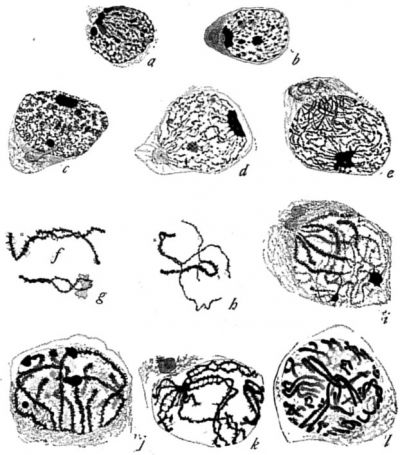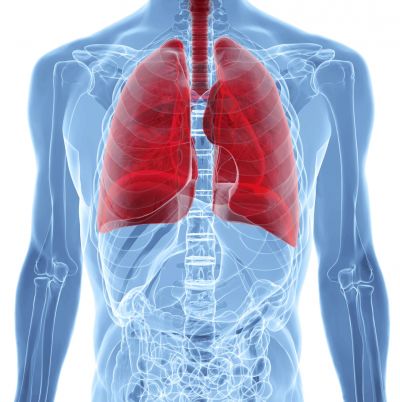
An EU-funded project improved links and strengthened the energy research potential in four different EU regions – Basque country, Cornwall, northern Hungary and Ostrobothnia. Sustainable energy will not only bring environmental but also economic benefits to the regions.

Online social networking (OSN) sites are reshaping the internet's structure, design and utility. They have the potential to transform consumer behaviour and impact traditional content, media and communications industries.

Researchers are improving food safety and health by developing a biological method to detect bacterial cells in contaminated food.

The world is undergoing a major transformation in the social, economic and environmental domains. An EU initiative has assessed the socioeconomic impacts of this global change on agriculture, forestry, energy, transportation, labour, health, population migration, competitiveness and trade in Europe.

Looking at Internet-mediated communication through a non-Western lens is useful in analysing the political sphere in contemporary semi-authoritarian Russia.

Institutions such as banks and insurance and credit card companies identify and report suspicious transactions, but are limited by conventional procedures and the international reach of financial crime. An EU initiative has brought the money laundering (ML) fight to new heights.

An EU group was set up to coordinate research into the promising field of cognitive radio networking (CRN). Results consist of novel ways of utilising newly available parts of the spectrum, involving new protocols, plus improved communications secrecy.

A recent research project has shown that high levels of carbon dioxide (CO2) in the atmosphere have historically been linked to major ocean extinction events.

Many citizens take security, autonomy and influence for granted in the course of a normal day. For those with disabilities, taking advantage of these rights can be more difficult.

An EU-funded project is examining the diversity of family forms and new family configurations, assessing the compatibility of existing policies with these changes and identifying future policy needs. The initiative will provide a broader, research grounded basis for policy making at the European, the national and local level, relying on a multidisciplinary approach.

Many citizens take security, autonomy and influence for granted in the course of a normal day. For those with disabilities, taking advantage of these rights can be more difficult.

Smart meters deliver substantial energy and cost savings, but also raise privacy concerns. An EU initiative has created a system that tackles data protection, privacy and security issues voiced by consumers.

The classic evolutionary tree is challenged in the face of new genomic data. Using mathematical and computational tools, the more complex phylogenetic network is better suited to accurately represent complex evolutionary relationships.

Human and bovine tuberculosis (TB) are global health problems of immense social and economic importance. Urgently needed diagnostic methods capable of differentiating between active and latent infections are under development.

Children exposed to political violence exhibit maladaptive behaviours. The EU-funded project SIP IN ISRAEL project adopted a practical and theoretical approach to the origins of these behaviours and their links.

Close to 6 million tonnes of used tyres have been illegally dumped or landfilled. An innovative and cost-effective recycling process that yields high-end products will increase the competitiveness of the tyre reclamation industry and encourage recycling.

Modern medicine seems to increasingly depend on advances in nanotechnology. European scientists used diamond nanoparticles to develop novel strategies for fighting off bacterial infections.

An EU team aimed to develop software error-removal tools specifically for differential privacy uses. The developments address resource consumption and privacy budget, with the prototype algorithm showing improved performance.

EU-funded research is providing an in-depth analysis of the evolution of labour market policies, employment policies and social policies. Specifically, the project is qualitatively and quantitatively assessing the labour market position of vulnerable groups from 2000 forward.

A genetically modified (GM) virus-resistant plum may pave the way for the introduction of other GM fruit trees to Europe. This could help European fruit trees resist new pathogens that are now being introduced to Europe and the spread of existing pathogens due to climate change.

There is much to be gained from examining the impact that international procedures have on prosecution rates before national courts. In so doing, it illuminates the problems of the international community's limitations regarding mass atrocity situations in order to make improvements.

Analysing the extraordinary properties of black holes in a higher-dimensional Universe has provided EU-funded physicists with valuable insights about both classical and quantum gravity.

A recent project has promoted the use of new digital tools for water research in Morocco through training and better integration with the EU.

An investigation into the interplay of growth policies and their impact on prosperity sheds light on how growth drives the economy.

A major obstacle to developing optical atomic clocks has been the difficulty of directly measuring optical frequencies. Now, scientists are opening the door to a new era of atomic clocks and high-precision spectroscopy by exploring new techniques such as femtosecond frequency combs.
























